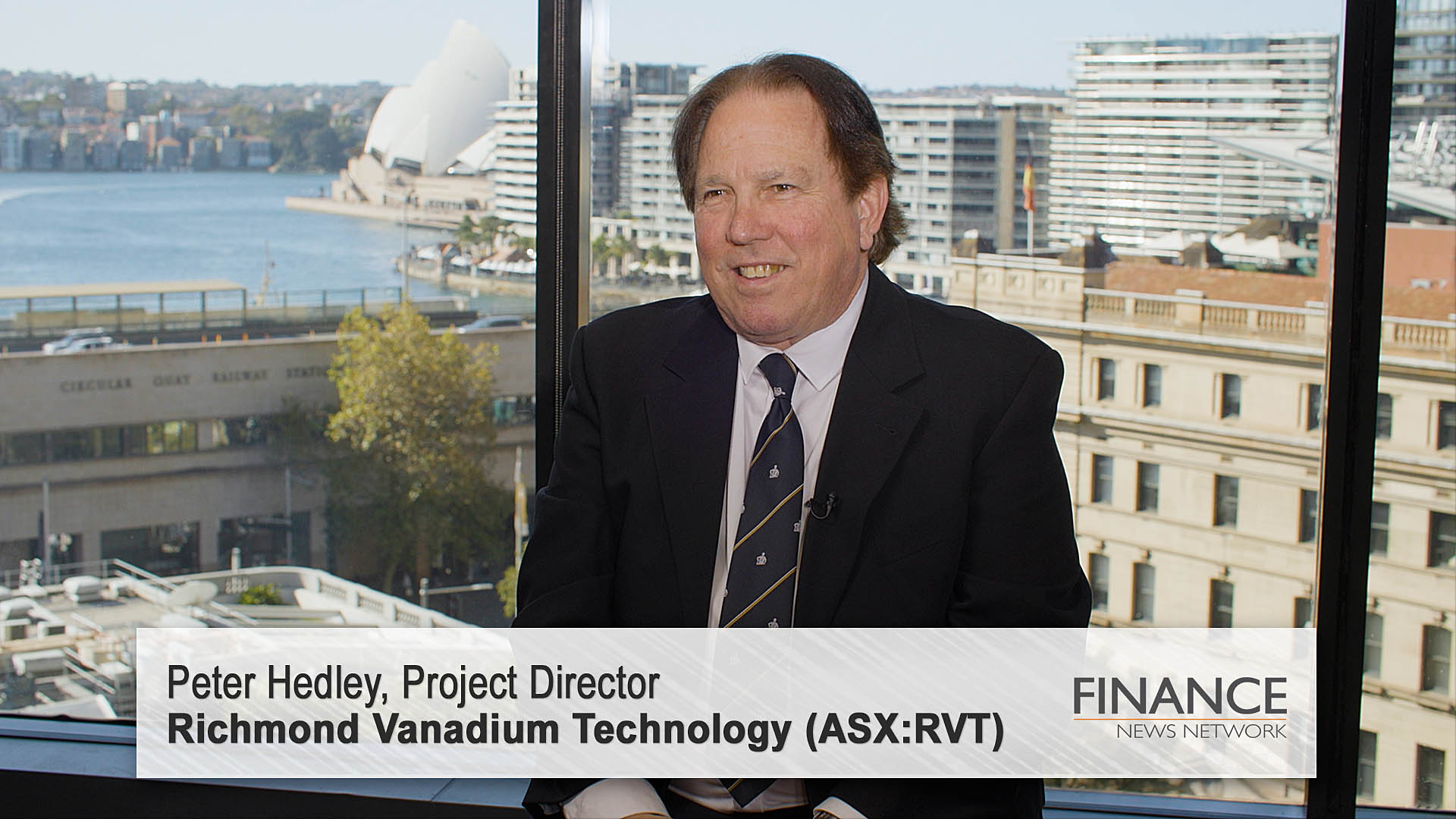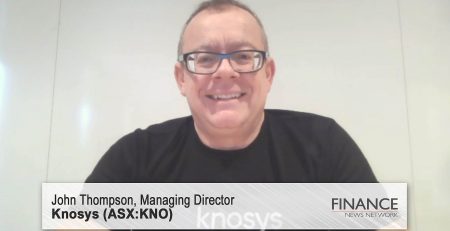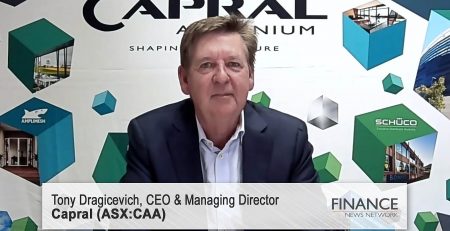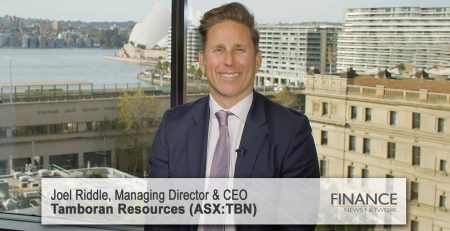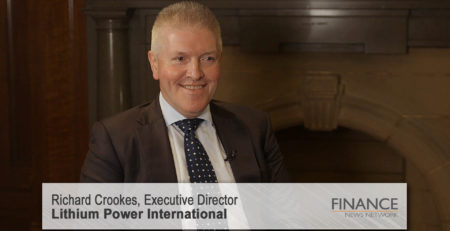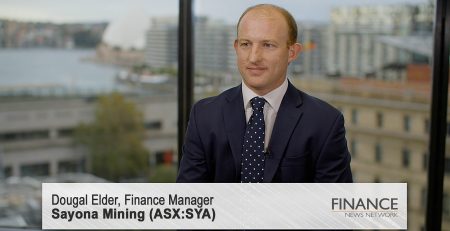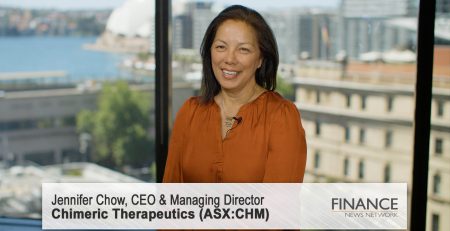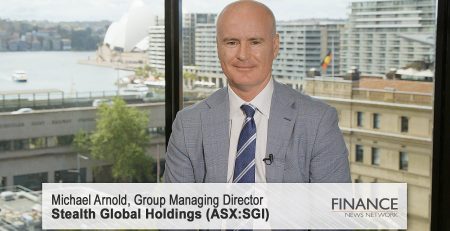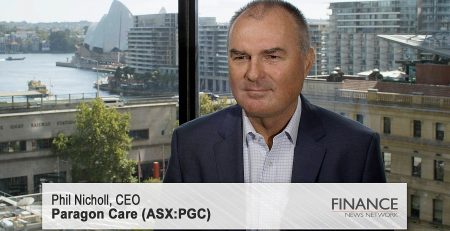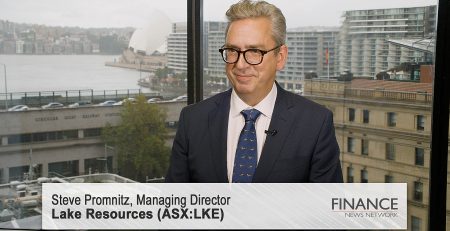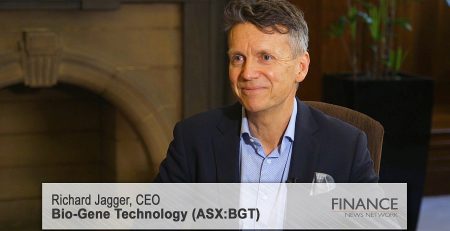Australia’s budding vanadium industry
Australia holds the world's third largest amount of vanadium, behind China and Russia, but does not supply this critical mineral into the global market. Project Director Peter Hedley from Richmond Vanadium Technology (ASX:RVT) discusses the company's progress and the vanadium industry.
Tim McGowen: Peter, welcome to Sydney. Thanks for your time.
Peter Hedley: Thanks, Tim. Pleasure to be here.
Tim McGowen: Now, Peter, Richmond Vanadium Technology (ASX:RVT) commenced trading in December 2022. Can you tell us a little bit about the business?
Peter Hedley: It's a junior company that listed, as you said, in late 2022, and its function is to develop a very large deposit of vanadium, which is located in the north-west of Queensland. The purpose of the project is to look at how we can develop that deposit to produce vanadium product, a concentrate, and also a refined vanadium pentoxide product. Those products are significant in both the steel industries and also in new technology for batteries known as vanadium redox flow batteries. The purpose of Richmond Vanadium is to produce a product which can be a significant supply into the global market of those industries.
Tim McGowen: And, prior to listing, what were some of the key achievements?
Peter Hedley: So, prior to listing Richmond Vanadium took a very structured approach towards delivering the project, and that included a lot of development work, drilling of the ore reserve to understand what is located there, the composition of the material, the quality of the vanadium contained in it. And there was a lot of test work and pilot plant undertaken with material, which included large samples of up to 50kg for pilot plant work. That test work was used to understand and develop a flow sheet for processing of the ore to produce the vanadium concentrate and the vanadium pentoxide product.
Tim McGowen: And, since then, you've commenced your BFS for the vanadium project. Can you outline some of the key components of the study and what the company is aiming to achieve with the BFS?
Peter Hedley: The BFS, a bankable feasibility study, is typically undertaken by mining companies, large companies like this, who want to develop the project. And the purpose of the bankable study is to produce a document which can be used for financing and further development of the project.
Tim McGowen: How far has the BFS progressed to this point and when will it be completed?
Peter Hedley: We're expecting to complete the BFS in quarter three of 2024. That's next year. And, with typically a BFS, like many other companies, it starts out with a review of the scope and a typical planning schedule, which we've completed. And the next stage of that work is to assign a scope of the work to a significant and capable engineering company to undertake the engineering of the study itself. So, we are currently in the process of awarding that scope of work to a suitable engineer. We will then execute that work, undertaking the study, and progress the study to a final development and a report which will be issued as a BFS report. And, as I said, that will be completed sometime around the quarter three of 2024.
Tim McGowen: And running parallel to that is an environmental impact statement. How's that progressing?
Peter Hedley: That's correct. The environmental impact statement or the EIS is being undertaken by Epic Environmental, which is a significant Queensland-based environmental group. They have done similar work for other companies like us and they've got a lot of credibility with the Queensland government. Epic has been working with Richmond Vanadium for about three years prior to listing of the company, and we've just recently awarded the environmental work to them. And as part of the environmental work, the terms of reference for that work were signed off and approved by the Queensland government in April of 2023. The whole EIS process is expected to take towards the end of quarter four of next year. So, that will coincide with the completion of the BFS, and that will allow the company to make a decision on the financial investment of the project.
Tim McGowen: And, Peter, vanadium as a critical mineral has government support. How do you see the government, either state or federal, playing a role in Richmond Vanadium Technologies?
Peter Hedley: The Queensland government has classified the project as a coordinated project, which is the first critical metals project in Queensland to receive that classification. The classification means that they recognise the importance and the criticality of the project to achieving their goals towards a greener future. So, we've certainly got a lot of support initially to list the company, and we are getting a lot of support to develop the project towards getting a financial decision made. Part of that process we'll engage with the government, and we will try and elicit what opportunities we may need to get further encouragement and support from the government.
Tim McGowen: And, just finally — we'll finish up on that — what role does Australia play in the vanadium industry and who's its peers offshore?
Peter Hedley: So, currently, globally vanadium as the oxide is produced significantly in South Africa, Brazil, China and Russia. Australia contains about 18 per cent of the global supply of vanadium, so it has potential to be an enormous supplier into the world economy, and currently we don't supply anything. So, Richmond Vanadium has the potential to be a significant long-term and reliable supplier of vanadium pentoxide into the economy and the global usage of that material.
Tim McGowen: Peter Hedley, thanks for your time.
Peter Hedley: Thank you very much.
Ends
Copyright 2023 – Finance News Network
Source: Finance News Network

